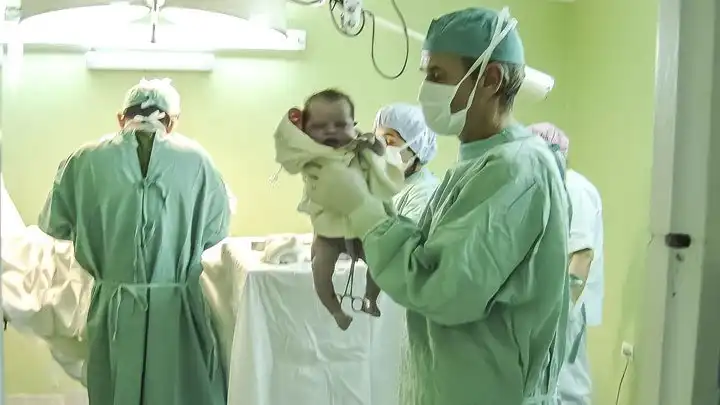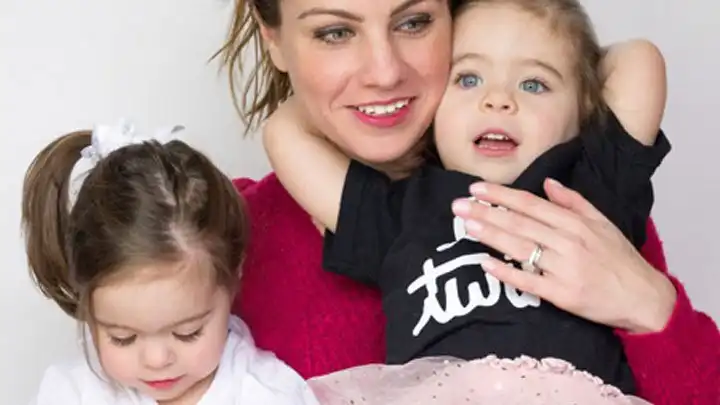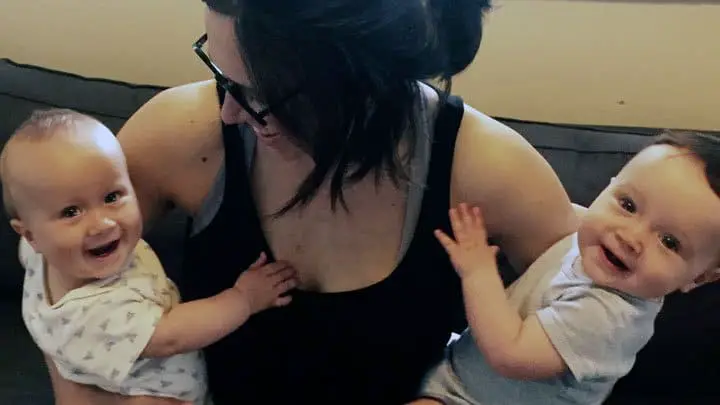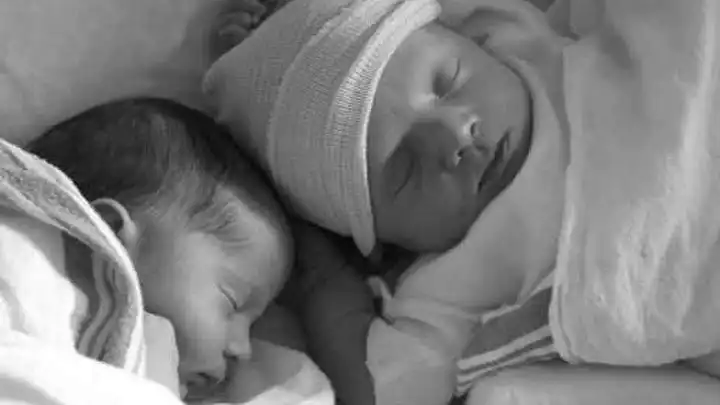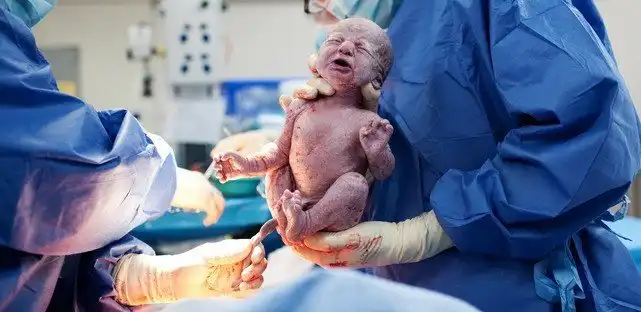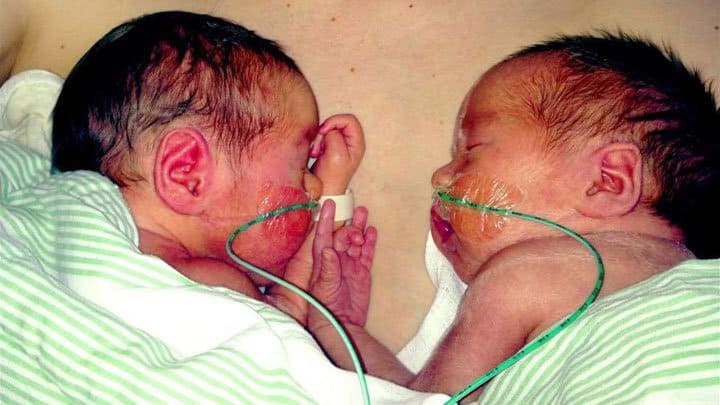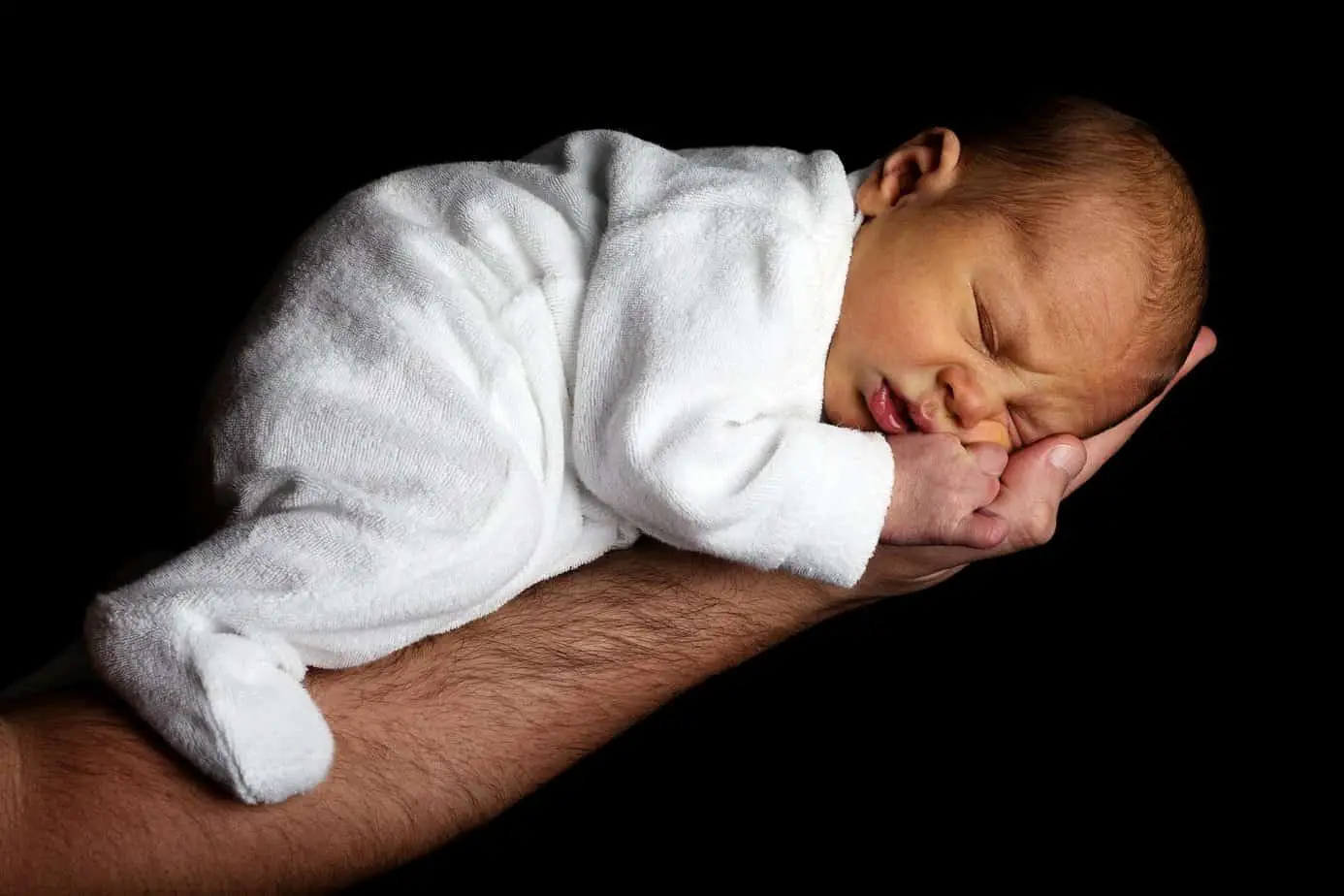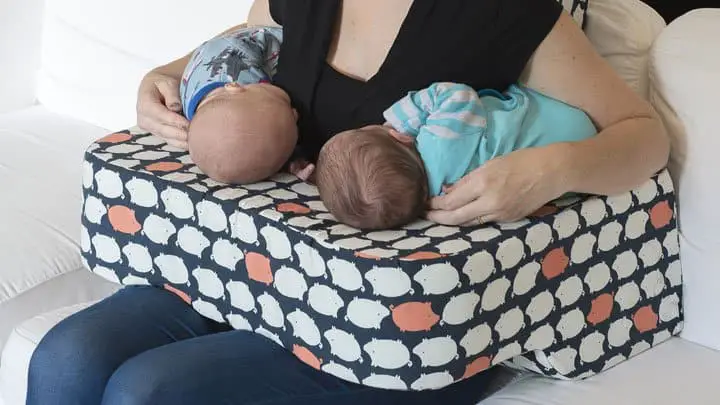Twins Born at 34 Weeks: Labor and Special Care
Twins born at 34 weeks are considered born moderate to late preterm. Babies are considered born preterm if you give birth before 37 weeks of pregnancy is completed (37+0 weeks). This is according to the World Health Organization (WHO), who subcategories preterm birth based on gestational age.
extremely preterm (<28 weeks)
very preterm (28 to <32 weeks)
moderate to late preterm (32 to <37 weeks)
Will my babies need special care?
The main thing your babies need to focus on at this gestation is growing and gaining weight. They may need to stay a few days or weeks in the Neonatal Intensive Care Unit (NICU), but not necessarily.
It may also occur that one baby goes straight to the maternity ward with you and the other one is left in special care. Twins born at 34 weeks will probably need help to learn to regulate temperature and master eating, and some will have breathing issues.
What happens to me if I go into preterm labor?
If you go into preterm labor steroid injections should be given before birth, maturing the lungs of your babies. The WHO also recommends that the mother is given antibiotics when her water breaks before the onset of labor, and magnesium sulfate to prevent future neurological impairment of the children.
You need to give birth at a medical facility equipped to deal with preterm babies.
Can I do something to help my babies?
Studies show that babies subjected to kangaroo care – frequent skin-to-skin contact – are more likely to maintain healthy body temperature, and show increased cardio-respiratory stability.
If you give birth to twins at 34 weeks, you and your partner will most likely be able to begin kangaroo care right after birth. Read about the importance of early involvement of fathers when it comes to the health and care of premature babies.
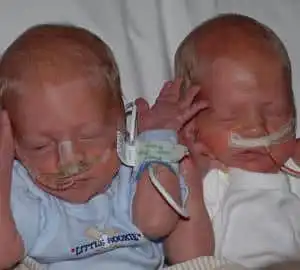
These fraternal twin girls were born at 33+0 weeks. They were born with fused placentas. Baby a was 4lbs, 6oz (1984 grams) & baby b was 3lbs, 5oz (1502 grams).
The first picture shows baby a in the incubator with oxygen, feeding tube taped to her chin and heart monitors on. Baby a was in the NICU for 24 days, baby b was in for 42 days.
Baby b’s breathing rate would drop, so she came home with an apnea monitor for 6 weeks. At 8.5 years, the only lasting complication is that both girls have low muscle tone, so they are behind in physical development.
Both receive occupational and physical therapy and have made lots of progress at this point.
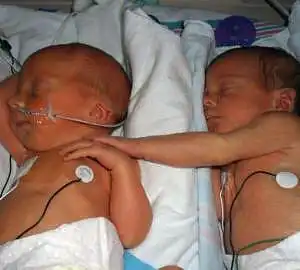
These mo-di twin girls were born at 33+1 weeks. They were 4.9lbs (2222 grams) and 4.1lbs (1859 grams) at birth. A week prior to their delivery, the doctors felt that the placenta was breaking down, and their mothers blood pressure was starting to rise.
She already had pre-existing controlled high blood pressure. They admitted her to the hospital for 24-hour observation and gave her two steroid shots to help develop the baby’s lungs.
Both babies were both born rather healthy for their gestation. The only issues were maintaining body temperature, and the smaller twin – baby b – had to be on oxygen for a few weeks longer than her sister. Both had apnea spells.
They also needed to master how to eat and breathe at the same time. The doctors were surprised that the mother got so far considering her age (45), the pre-existing controlled high blood pressure and being extremely overweight.

These boy/girl twins were born at 33+1 weeks in 2011. They weighed 4lbs (1814 grams) and 4lbs, 1oz (1842 grams) at birth. They were in the hospital for 3 weeks.
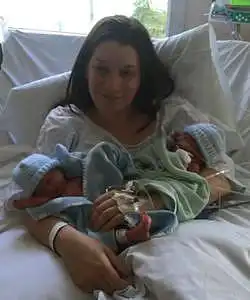
These identical twin boys were born at 33+1 weeks in 2005. They were 4lb, 1oz (1842 grams) and 4lb, 6oz (1984 grams) at birth. They had 3 weeks in special care. They have no health problems from being born prematurely.
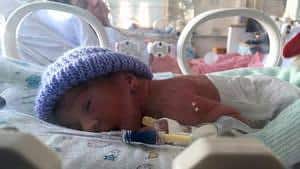
These mo-di twin girls were born vaginally at 33+2 weeks in 1998. They were 4lbs, 2oz (1871 grams) 17 in (43 centimeters) and 4lbs, 11 oz (2126 grams) 17.5 in (44.5 centimeters) at birth.
Their mother was admitted at 32+4 weeks with SROM (spontaneous rupture of membranes). She was placed on IV antibiotics and magnesium sulfate, terbutaline injections and double treatment of betamethasone (steroid shot).
The twins were breathing on their own and spent 10 days in the NICU for weight gain, temperature maintenance, monitoring and bili lights (a type of light therapy used to treat newborn jaundice). They came home on apnea monitors but no other interventions.
There were no developmental delays.
